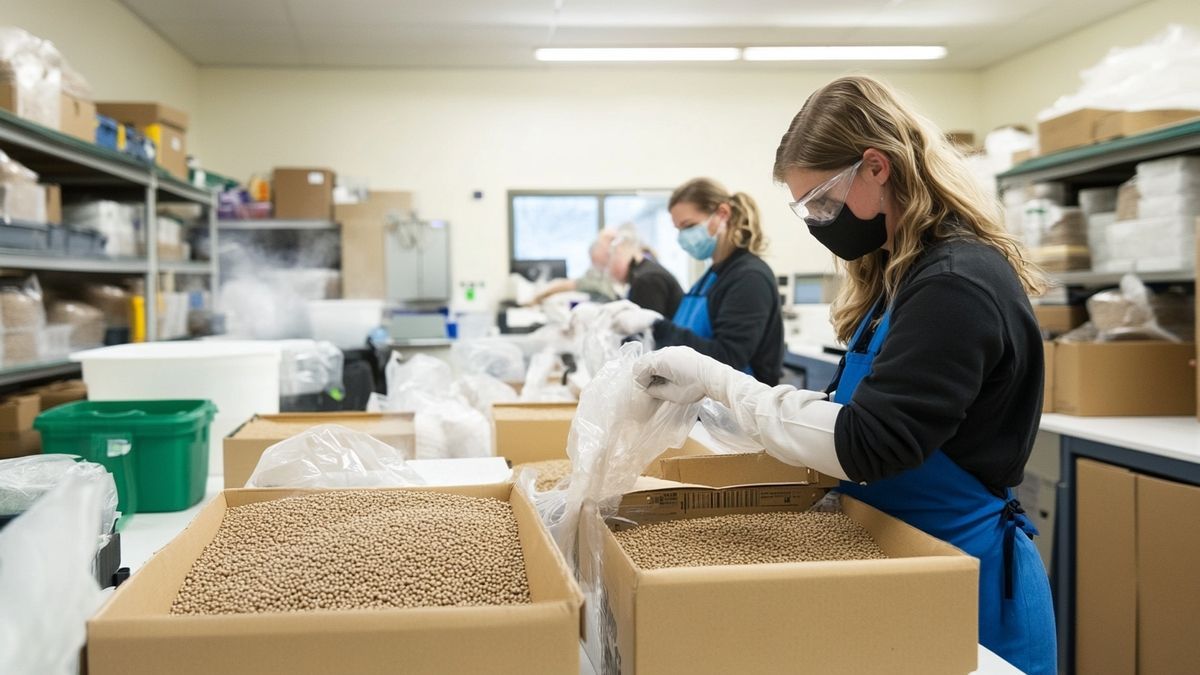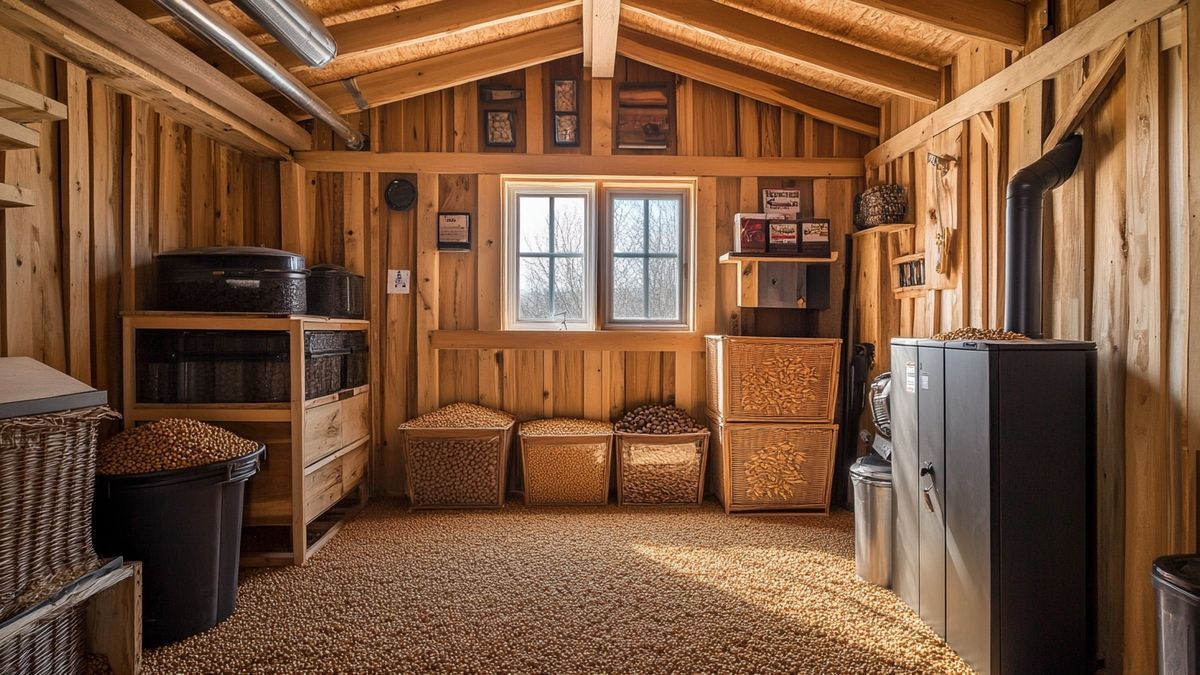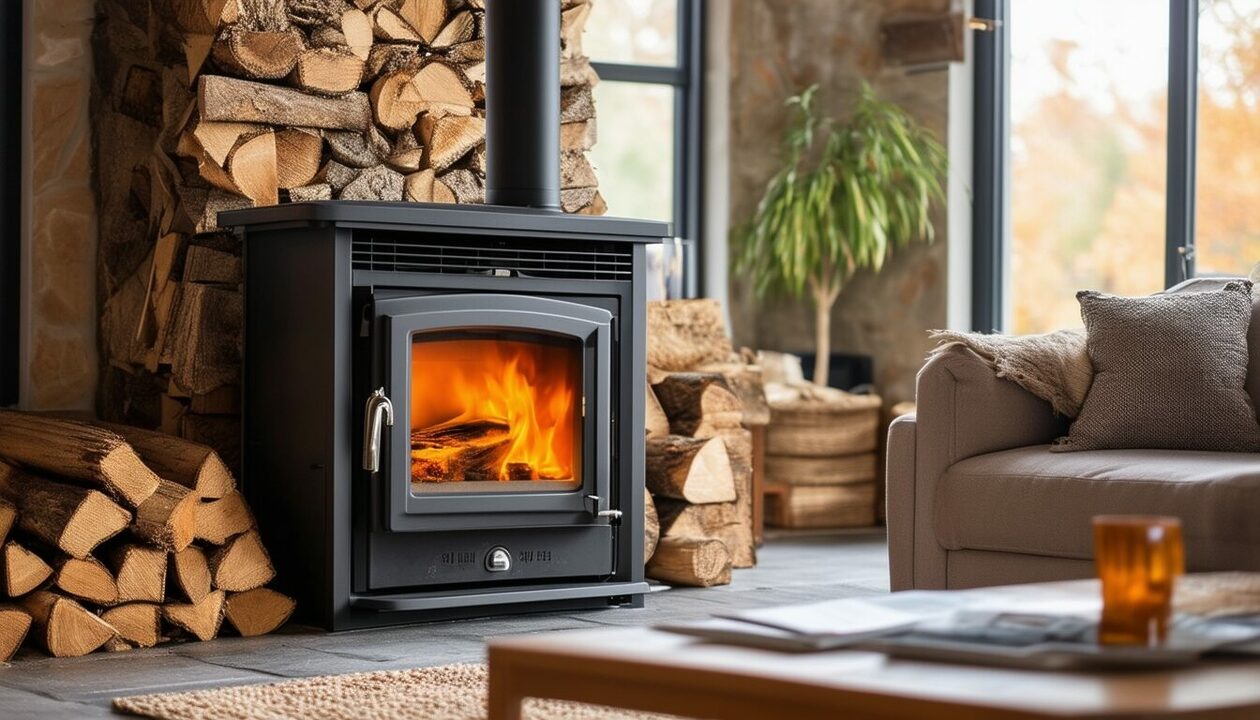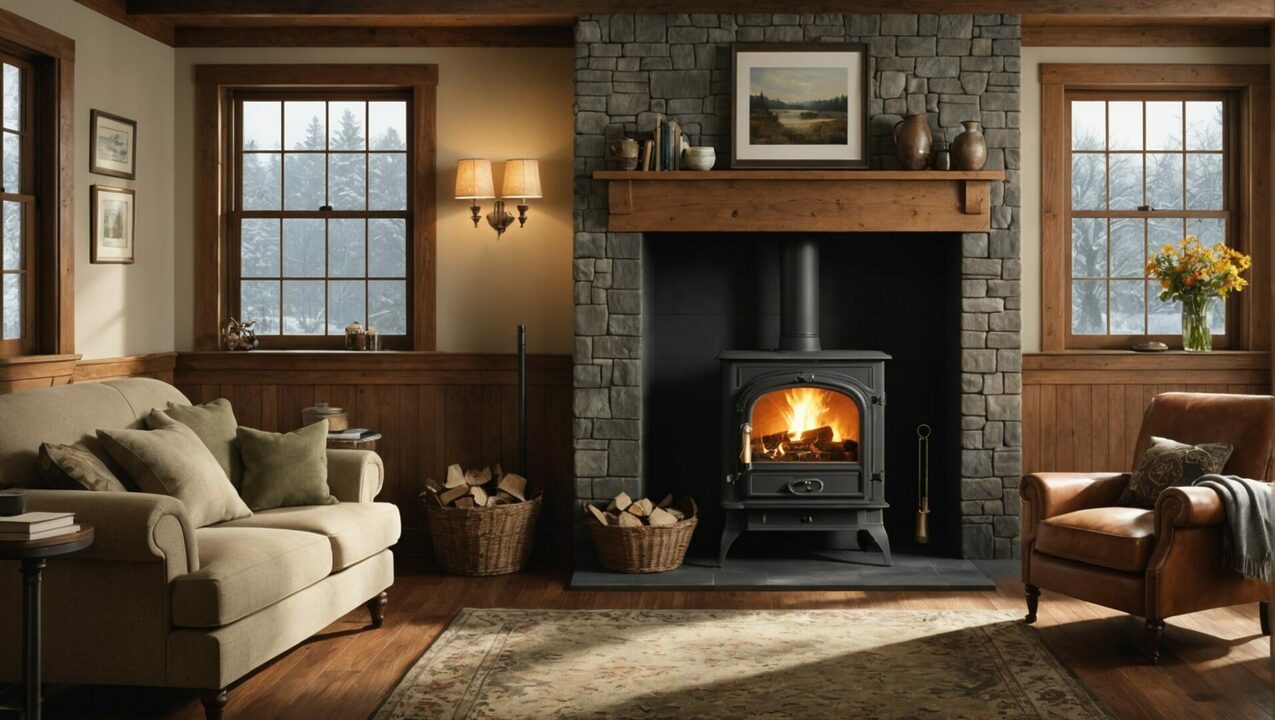As we approach the end of the year, discussions about heating are proving increasingly crucial for many French households. This climate of uncertainty pushes households to look for solutions that are both effective and economical. THE wood pellets, also known as pellets, are gaining popularity as they emerge as a reliable heating option. At this time of year, developments in the pellet market become particularly interesting, sparking curiosity and hope.
Current status of pellet prices
Currently, pellet prices reflect a notable balance. At the end of December 2024, the average price of a 15 kg bag of pellets is around 5 euros in France. For those considering purchases in larger quantities, pallets of pellets, which contain around a ton, sell for around 350 euros. Of course, these prices may vary depending on the quality chosen and logistical conditions.
This economic context highlights an appreciable decline compared to the dazzling increases of previous years. Let us remember the winter of 2022-2023, where unforeseen events disrupted the market, leading to a significant increase in prices for wood pellets.
Factors influencing prices

Improvement of local production
Several elements contributed to the stabilization of price pellets on the market. One of the main factors is a considerable improvement in local production. Many companies have invested heavily in modern infrastructure, thereby maximizing their production capacities. This makes it possible to respond effectively to ever-increasing demand.
Government support
Support from the French state also plays a major role. Subsidies and tax incentives promote domestic production, the benefits of which translate into competitive prices. By encouraging the use of renewable energies, the government also places emphasis on biomass, representing around 55% of the energy produced in the country.
Recent innovations and new technologies
The pellet sector also benefits from innovations such as mobile manufacturing plants, like those launched by the start-up Proxypel. These off-site production units transform local green waste into pellets, making production more efficient while limiting logistical costs.
Advances in waste treatment
With such initiatives, sophisticated sorting and processing systems are also emerging. This not only guarantees better management of organic waste, but also makes it possible to develop more sustainable and economical materials for the production of pellets.
Tips for optimizing your pellet purchases

- Buy in large quantities : This can provide favorable rates compared to retail purchases.
- Store correctly : Dry and ventilated storage is essential to preserve the quality of the pellets.
- Compare offers : Using online tools to track the best deals saves money.
- Choose quality pellets : Opting for certified pellets, such as DINplus or ENplus, ensures better performance and less maintenance.
With these sound tips, reducing heating costs becomes more accessible, while maintaining an attractive level of comfort for homes. Careful monitoring of price throughout the year proves to be an intelligent approach to anticipating heating needs.



